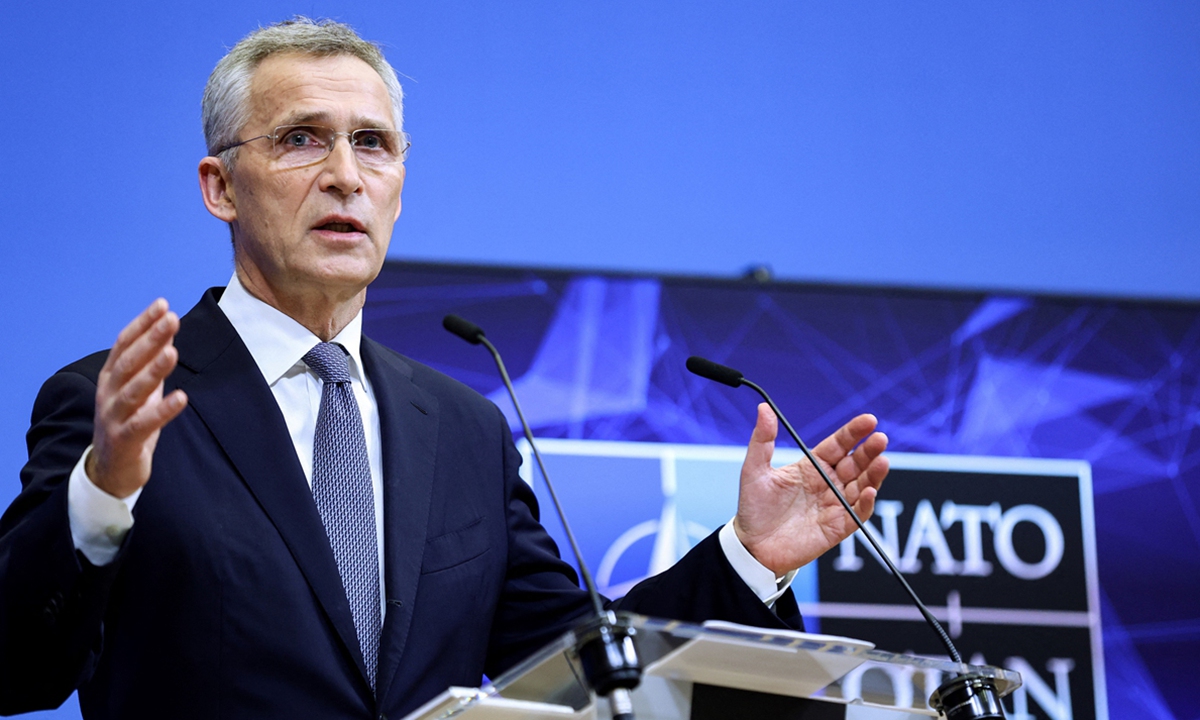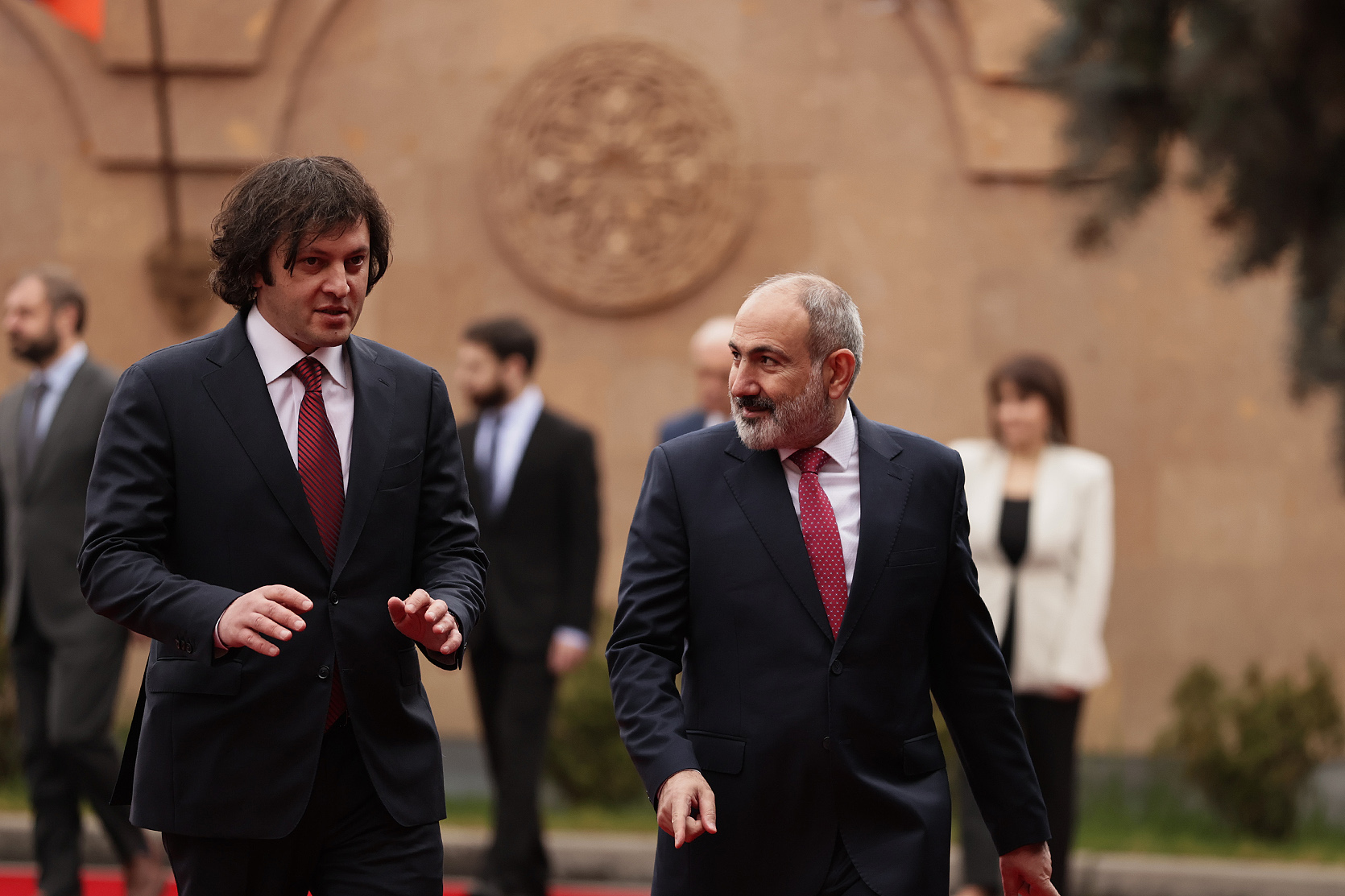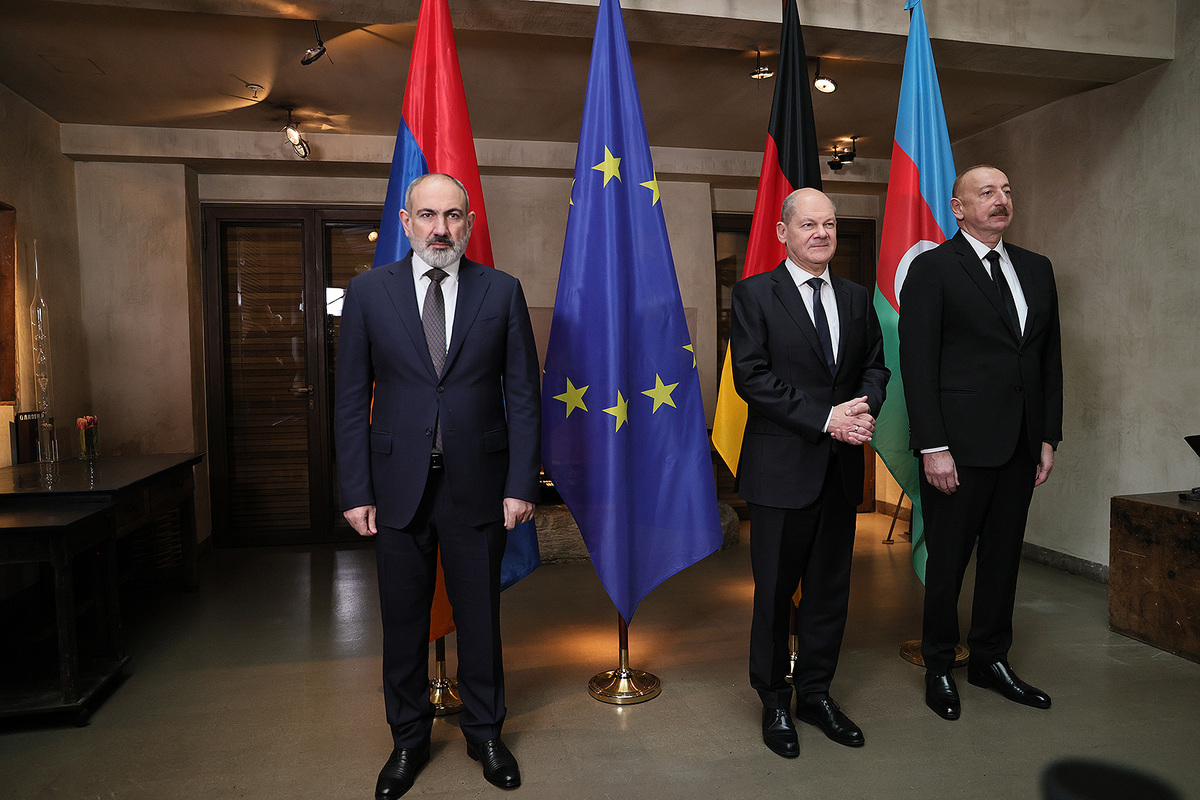"Baku's recent moves' motives are Middle East-bound." Opinion from Yerevan
Shelling of Armenian border villages
“The meeting in Brussels in the format of Armenia-EU-USA will take place soon. Discussions about this meeting causing concern in Baku are an exaggeration,” believes political observer Hakob Badalyan.
According to him, the motives behind “provocative statements by Azerbaijan and the shelling of Armenian positions should be sought elsewhere.” The expert links them to events in the Middle East.
“It is not a coincidence that Azerbaijan began shelling Armenian positions a few hours after the Israeli military strike on the Iranian embassy in Damascus,” said the analyst to JAMnews.
The article discusses the situation on the Armenian-Azerbaijani border, including statements from both sides and insights from political observer Hakob Badalyan regarding possible reasons for the escalation.
- “Russia abandoned us at the most critical moment,” said the speaker of the Armenian Parliament
- “Armenia is only served ‘paper pies’ – resolutions.” Opinion from Yerevan
- Turkey’s role as a mediator in Armenia-Azerbaijan talks: What will come of it?
The situation at the border, statements from Baku, and rebuttals from Yerevan
Armenia’s Ministry of Defense reported that Azerbaijani armed forces shelled Armenian positions near the village of Kut in the Gegharkunik region on April 1 at 22:00 and towards the village of Teg in the Syunik region on April 2 at 00:40. Simultaneously, Azerbaijan announced shelling of its positions in the southwest part of the border by Armenian forces. However, official Yerevan denied this information.
In the preceding two days, Baku also disseminated alarming information. Azerbaijan reported sightings of personnel, armored vehicles, and artillery buildup in various directions along the border zone, indicating active movements of Armenian armed forces. Videos were published.
Yerevan refuted this information as well. Official reports emphasized that Baku was publishing edited footage showing infrastructure construction of a defensive nature.
“The implementation of engineering works on the sovereign territory of Armenia is the sovereign right of the Republic of Armenia,” stated Armenia’s Ministry of Defense.
The European Union’s monitoring mission, which monitors the situation at the Armenia-Azerbaijan border, also refuted Azerbaijan’s reports of Armenian military movements.
“The mission patrols along the Armenian-Azerbaijani border throughout the day. Everything is calm, and there have been no unusual movements,” the mission reported on its social media page X.
“Israel uses Azerbaijan as a resource”
Over the past nearly six months, Israel has failed to resolve the Hamas issue, and the political situation around the country has become more complicated, notes political observer Hakob Badalyan:
“The only way to get out of the military-political quagmire, to some extent overcome isolation, is to involve Iran in a large-scale and open confrontation. Therefore, Israel is trying to use all its resources, including Azerbaijan, to at least keep Iran on edge.”
Israel has worked for decades to use Azerbaijan as such a resource, believes the analyst. He admits the possibility that “other partners will be found for this.” It is important to note that “some Western players also express concern about Iran and the Iran-Russia alliance,” says Badalyan:
“Russia’s cooperation with Tehran is quite serious. Russia is supplying Su-35 aircraft to Iran. Moreover, there is a peculiarity to this deal: the Su-35 aircraft can be a carrier of nuclear weapons. That is the essence of the deal.”
“Baku does not intend to disrupt the meeting in Brussels”
On April 5, a meeting between Blinken, von der Leyen, and Pashinyan is scheduled in Brussels. It is reported that the participants will discuss “ways of trilateral cooperation.” Baku and Moscow have criticized this meeting harshly. However, Hakob Badalyan believes that there is no agenda item in this meeting that would cause Azerbaijan to intend to disrupt these negotiations:
“Azerbaijan may try to secure its indirect participation in them through blackmail. And, in my opinion, Washington and Brussels will not oppose.”
Despite statements about deepening relations with Armenia, the US and the EU do not intend to significantly differentiate between Azerbaijan and Armenia, the expert believes. He emphasizes that differentiation would imply a different approach to security issues. And he does not see such readiness:
“On the contrary, they directly state that they see guarantees of Armenia’s security in signing a peace treaty with Azerbaijan and normalizing Armenian-Turkish relations.”
“The US and EU are ready to support, but not ready to take responsibility”
According to the observer, “The US and EU are ready to support, but not ready to take responsibility.” To confirm this thought, Badalyan cites a statement from State Department spokesperson Matthew Miller that the Armenian-Azerbaijani peace process will not be the centerpiece of the Brussels meeting.
“This indicates a desire to absolve themselves of responsibility for any developments indirectly related to the Brussels meeting. In other words, we did not discuss and are not discussing the issue of peace, therefore responsibility for any developments in Armenian-Azerbaijani relations cannot be attributed to the Brussels meeting,” said Badalyan.
At the upcoming meeting, of course, issues related to the settlement of Armenian-Azerbaijani relations will be discussed, the analyst believes. Moreover, he is confident that the West associates the deepening of relations and joint projects with Armenia precisely with progress in the peace process with Azerbaijan:
“Indirect evidence of this is that before the meeting in Brussels, Yerevan legitimizes Azerbaijan’s political demands with its statements [referring to the Armenian prime minister’s statement about the return of four non-enclave villages to Azerbaijan].”
“The risk of escalation is indeed high”
Considering Baku’s statements and the tension on the border, the expert suggests that the likelihood of another escalation is quite high:
“It is because of these risks that Washington and Brussels do not want to take steps that imply responsibility. The situation is serious enough. Geopolitical stakes are also quite high. However, risk does not imply inevitability.”
It’s not Azerbaijan that determines when to start a military escalation, according to Hakob Badalyan:
“Azerbaijan is merely a tool. And the decision will not be made by a single actor. There must be, at least, an agreement between certain centers of power.”
This refers to a scenario where several actors consider destabilization an opportunity to solve their problems, explains the expert:
“At the moment, we do not see an agreement to the extent that it would lead to such danger. But it is evident that there is a similar trend.”
Moreover, “escalation may be seen as a military-political instrument for changing the situation in the Caucasus,” says Badalyan. He notes that this “instrument” is widely used in the world today to address political issues.























